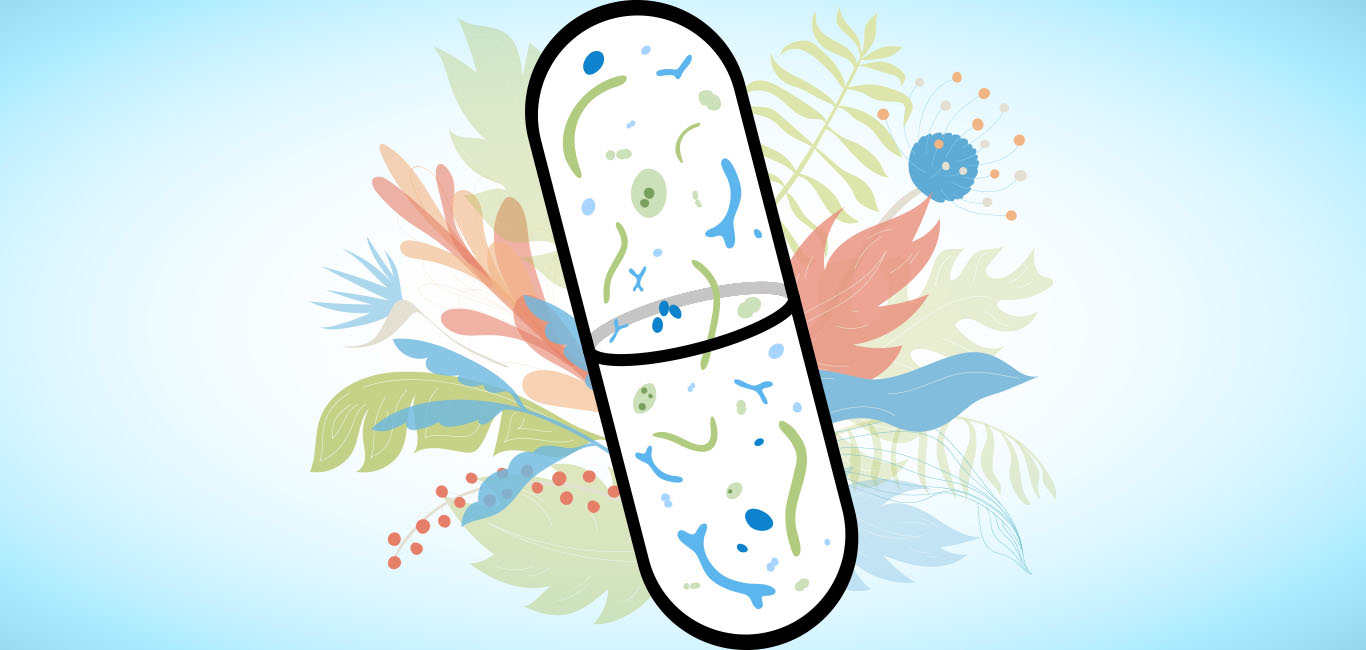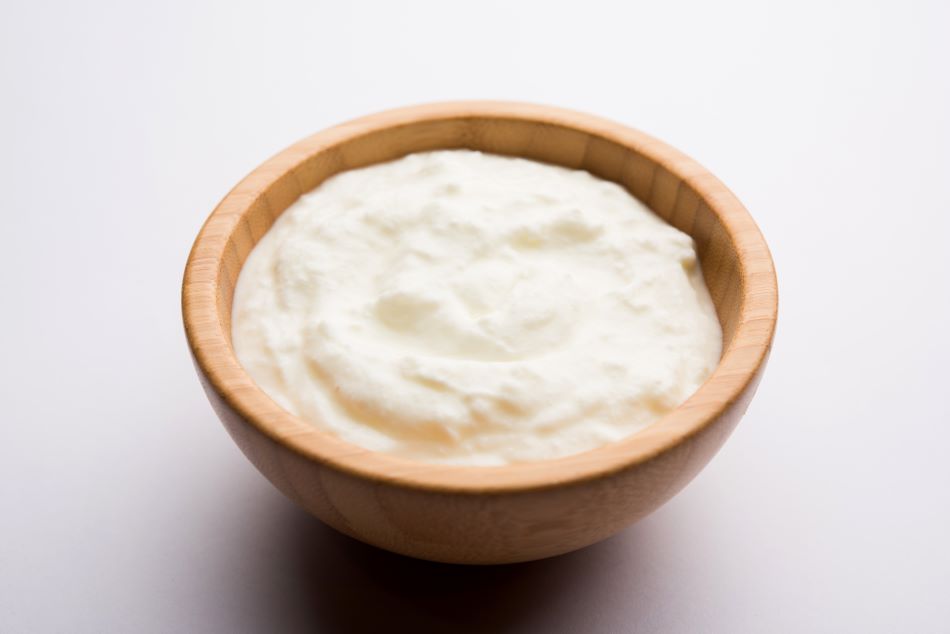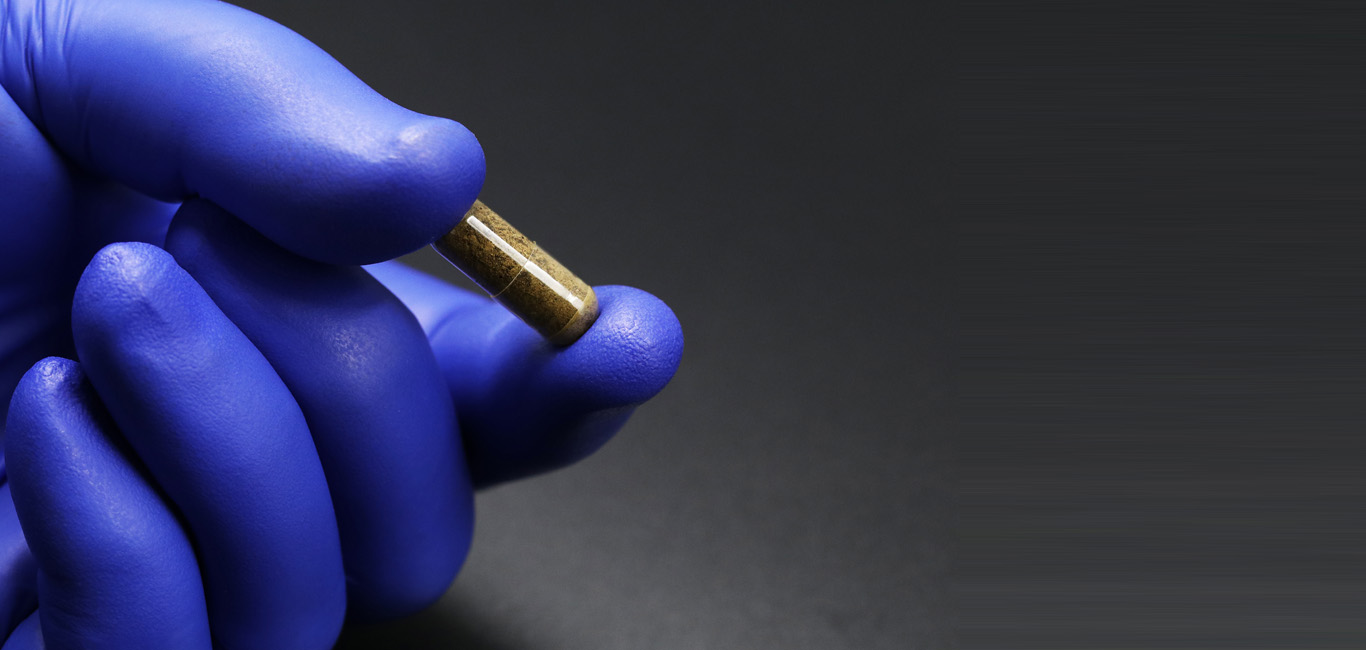
A group of scientists led by researchers at the University of Houston have demonstrated that a pill targeting the gut microbiome led to improvements in the mental health and productivity of individuals with recurrent Clostridiodes difficile infection (CDI).
The bacteria-filled pill is undergoing phase III trials to test if it can improve the health-related quality of life of people with recurrent CDI, a debilitating disease caused by a bacterium that disrupts healthy microbial balance in the colon, often caused due to prolonged use of antibiotics.
Currently, the mainline treatment for CDI is antibiotics, which target and kill CDI-causing bacteria. However, the condition is often recurrent as treatments do little to address the imbalance of the gut microbiome.
“Sustained efficacy rates remain modest since antibiotics do not kill dormant C. difficile spores nor address the disrupted microbiome,” says Kevin Garey, lead researcher of the study and professor of pharmacy practice and translational research at the University of Houston’s College of Pharmacy.
The experimental pill, dubbed SER-109 was given to individuals with CDI as part of a trial and was also seen to reduce the recurrence of the disease. The pill contained live purified Firmicutes bacterial spores which is a competitor of C. diff in the gut, leading to a more balanced microbial environment.
Among the 182 trial subjects, there was a significant dip in recurrent CDI infections – 12% in the SER-109 group compared to 40% among those who were in the placebo group. The researchers also found that the participants who received the pill had much higher scores on a Health-related Quality of Life (HRQL) assessment compared to those in the placebo group.
“In this exploratory analysis patients treated with SER-109 had significantly greater improvements in health-related quality of life (HRQOL) scores compared to placebo-treated patients as early as Week 1, with continued steady and durable improvements by Week 8,” the researchers wrote.
The gut-brain connection
There has been an emerging link between mental health and the gut microbiome, with the latest study on SER-109’s efficacy pointing towards this. It also reiterates the importance of a balanced gut microbiome for better mood and mental health outcomes.
“Several interesting hypotheses arise from this novel observation, which may be related to the potential role of the microbiome in disorders related to the gut-brain axis,” adds Garey. “C. diff is associated with a disrupted microbiome which has been associated with mood disorders, including anxiety and depression.”
Moreover, the Firmicutes spore used in the treatment may also improve the balance of neurotransmitters, which play a role in anxiety or depression (eg, serotonin or gamma-aminobutyric acid), and will require further study and investigation, the researchers said.


















0 Responses
Oh my God. This was so informative! What a spectacular writer.